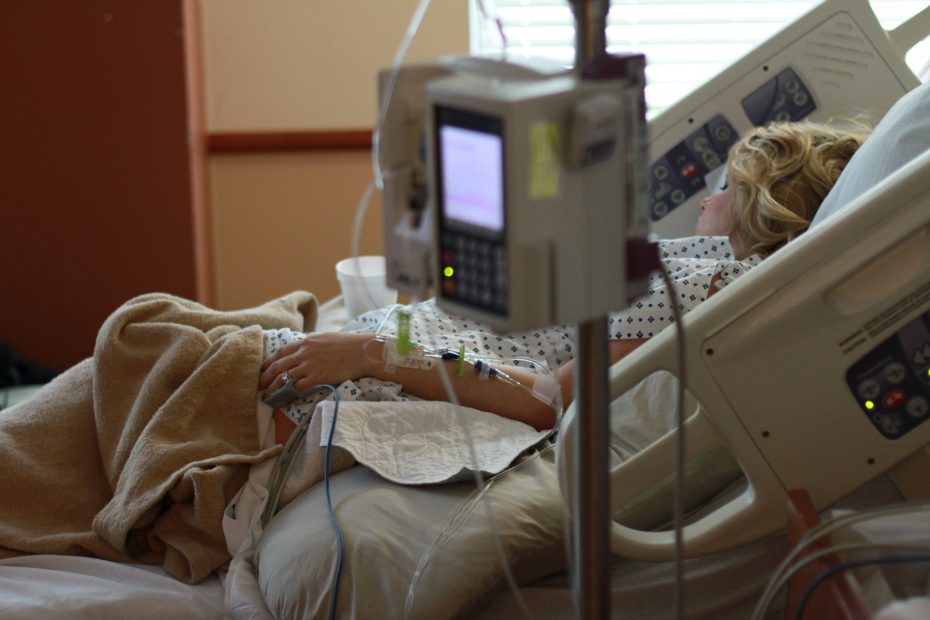By Trent Horn
In a recent interview with Belgian newspaper La Libre, Bishop Johan Bonny of Antwerp, Belgium appeared to reject the Church’s teaching on the intrinsically evil nature of euthanasia. He said such a teaching provides “too simple an answer that leaves no room for discernment.” He continues:
Philosophy has taught me to never be satisfied with generic black-and-white answers. All questions deserve answers adapted to a situation: a moral judgment must always be pronounced according to the concrete situation, the culture, the circumstances, the context . . . We will always oppose the wish of some to end a life too prematurely, but we must recognize that a request for euthanasia from a young man of 40 is not equivalent to that of a person of 90 who faces an incurable illness.
If by “euthanasia” Bishop Bonny means the direct killing of an innocent human being because they are suffering, then he is gravely in error. The Catechism calls euthanasia “murder” (CCC 2324) and the CDF called it an “intrinsically evil act” in its document Samaritanus Bonus.
This is also a teaching that is not subject to doctrinal development since it has been “definitely” taught, so any debate about the issue has been brought to an end (Latin: de fine).
The Congregation of the Doctrine of the Faith said the wrongness of euthanasia must be held “definitively” because it is taught in an infallible way by the Church’s ordinary and universal magisterium (Doctrinal Commentary, 11). Pope St. John Paul II declared in Evangelium Vitae that the wrongness of euthanasia is based upon the natural law and the written word of God, is transmitted by the Church’s Tradition, and is taught by the ordinary and universal Magisterium (65).
As for the bishop’s disdain for “black and white” answers in philosophy, I wonder if he would say declaring racism or wage theft intrinsically evil also constituted faulty “black and white” thinking. Those who condemn absolute answers are always confident that their frameworks should be absolutely accepted!
Now, it is not wrong to discontinue burdensome medical care in some cases, including for very elderly patients. Murder is always wrong, but it isn’t murder to allow the natural course of life to progress and end. It’s irrational suicide for a healthy 40-year-old accident victim to reject a mildly burdensome treatment he needs to have a normal lifespan, but a 90-year-old dying from multiple organ failures might licitly reject the same treatment if it only provided him a few painful months to live.
But it’s always wrong to justify the intentional murder of a person (and not just withholding disproportionately difficult medical care) solely based on the person’s age.
This is a teaching all Catholics must accept. If Bishop Bonny ultimately can’t accept it, then he has no business being a bishop who is entrusted with the souls of his diocese, especially those who are at greatest risk of being murdered in this way.
This article has been reprinted with permission and can be found at catholic.com/magazine/blog/a-prelates-picky-platitudes-on-euthanasia.
